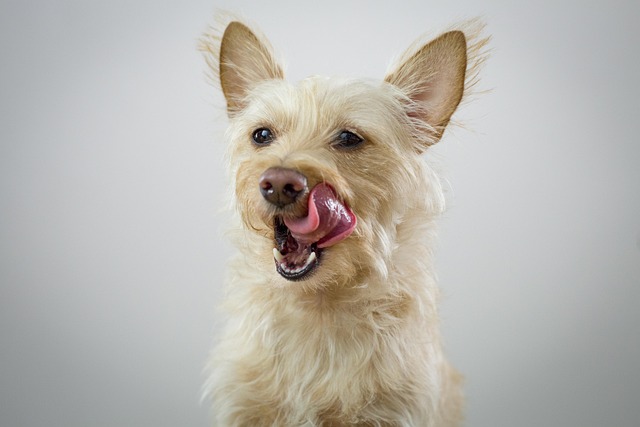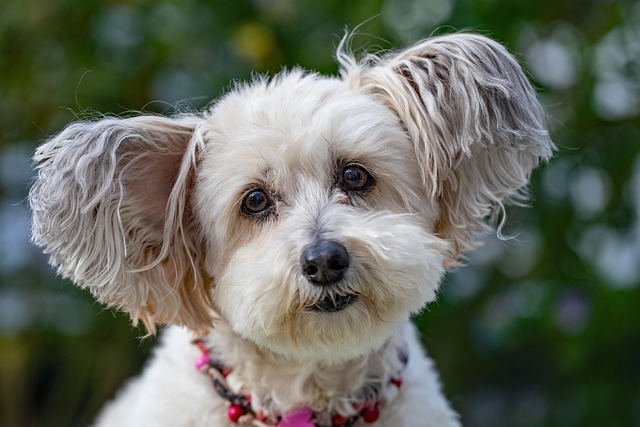
How to discipline a Beagle puppy?
Beagle puppies come with a double dose of energy and curiosity—traits that make them charming, but also prone to chewing shoes or darting through open doors.
You're relaxing on the couch when suddenly – ouch – those needle-like teeth close gently around your wrist during belly rubs. No aggression, no growling, just soft pressure followed by a happily thumping tail. Before you worry about "aggression," let's explore why dogs communicate this way and how to shape this natural behavior safely.
Playful mouthing traces straight back to puppyhood. When littermates wrestle, they use gentle nibbling to test boundaries and learn bite inhibition – that crucial skill of controlling jaw pressure. Your adult dog isn't being dominant; they're inviting interaction or expressing excitement, much like human toddlers grab fingers instinctively. But without guidance, those puppy-like nips can become problematic, especially in herding breeds or high-energy adolescents. Take Cooper, the excitable Australian Shepherd in Austin who'd mouth hands during play until his owner implemented redirection techniques.
The key to transforming mouthy moments lies in consistent, positive reinforcement. When teeth touch skin, respond with a high-pitched "ouch!" (mimicking a hurt littermate), then immediately freeze and withdraw attention for 10 seconds. This teaches that gentle play continues, but teeth end the fun. Always keep a designated chew toy nearby – when nibbling starts, enthusiastically redirect to the toy with phrases like "Get your rope!" Reward engagement with praise. For persistent cases, implement brief time-outs by calmly leaving the room for 30 seconds after a nip. These methods build impulse control without confrontation.

Now, let's address responsibility. Even playful nips carry legal implications if they break skin. Ensure rabies vaccinations are current – most states require quarantine for any bite breaking skin if records lapse, regardless of intent. During play sessions at dog parks, leash dogs who mouth strangers unexpectedly. Poop-scooping remains non-negotiable during these outings; cities like Portland issue $250 fines per uncollected pile, even mid-game. If mouthing escalates when you grab leashes or put shoes on, consult a certified trainer – this could signal resource guarding or overstimulation needing professional guidance.
Cultural sensitivity matters deeply here. Never punish mouthing with physical corrections like tapping noses or alpha rolls. These outdated methods increase arousal and may trigger defensive biting. Instead, reward calm behavior with high-value treats like freeze-dried liver when all four paws stay on the floor. For apartment dwellers, keep frozen lick mats (coconut oil + kibble) ready to redirect energy quietly. Place rubber-backed rugs in play zones to muffle zoomies that trigger mouthing – your downstairs neighbors will thank you.
Most playful biting stems from under-stimulation or missed puppy socialization. With patience and positive techniques, those gentle nips evolve into affectionate licks – your dog's way of saying "I love you" without the dental souvenirs. But if you see stiff body language, pinned ears, or growling during mouthing, pause immediately and seek professional help.

Beagle puppies come with a double dose of energy and curiosity—traits that make them charming, but also prone to chewing shoes or darting through open doors.

Dogs thrive on routine, and small breeds—with their quicker metabolisms—need extra consistency. Start by taking your pup out at the same times daily: right after waking up, 15 minutes after meals, and just before bed.

Corgis, with their stubby legs and big personalities, can be little troublemakers when they decide to ignore commands.

The sudden explosion of barking when a delivery person approaches your door or a neighbor walks past your window is more than just a nuisance

The panicked barking that starts the moment your apartment door closes isn't just heartbreaking—it's a common struggle for urban dog owners trying

That insistent barking your dog does when demanding food, attention, or toys isn't just annoying—it's a learned behavior that's surprisingly easy to reinforce accidentally.